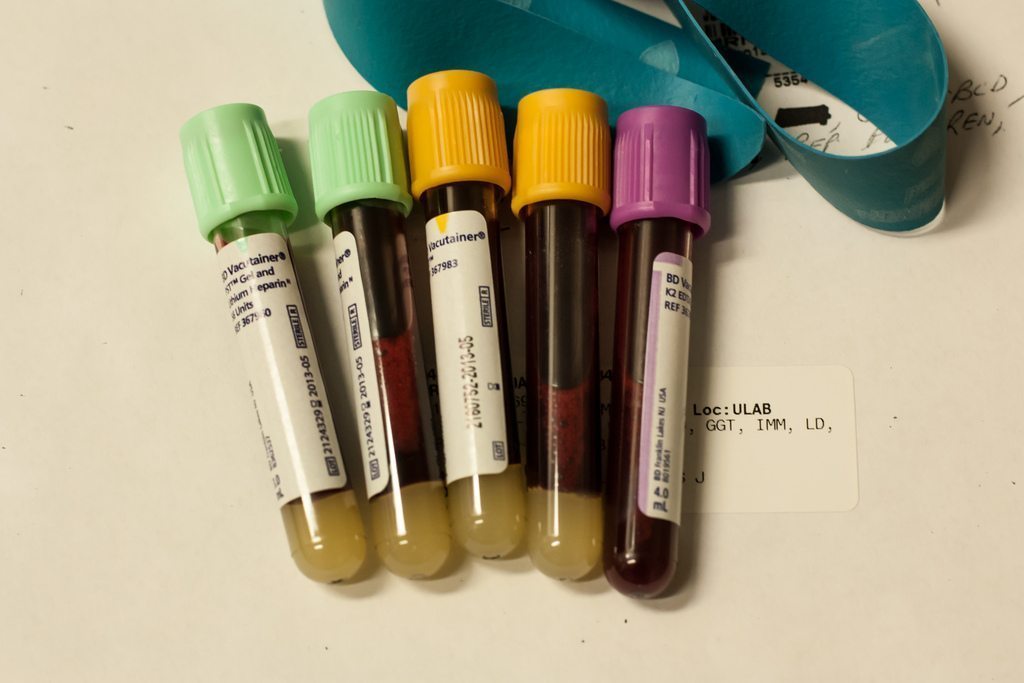New blood preservation method
Researchers at the University of Warwick have recently discovered a method of preserving blood for longer than the limit of 42 days.
A polymer that holds a similar structure to wood glue is shown to disrupt the behaviour of crystals in a non-damaging way, which allows blood to be kept for significantly longer periods of time.
Currently, donated blood can only be refrigerated for a short period keeping the demand for blood donors high. The emergence of more stem cell therapies and the growth of bio-banks constantly call for technological advancement and new blood-preserving methods.
In countries such as the United States, methods such as cryopreservation are used, but this requires large quantities of organic solvent in order to prevent the growth of ice crystals which detrimentally tear the cells apart.
However, researchers at the University of Warwick have used polyvinyl alcohol (PVA) to great effect.
PVA is a common polymer that mimics the antifreeze properties found in certain fish, and works by inhibiting the growth of ice crystals during thawing.
It can remain in the blood whilst it is defrosted, so can be used rapidly.
Dr Matthew Gibson, assistant professor from the Department of Chemistry at Warwick University believes that the discovery is revolutionary: “It reduces the need for organic solvents, and crucially, it reduces the time between defrosting and having transfusion-ready blood.”

Comments